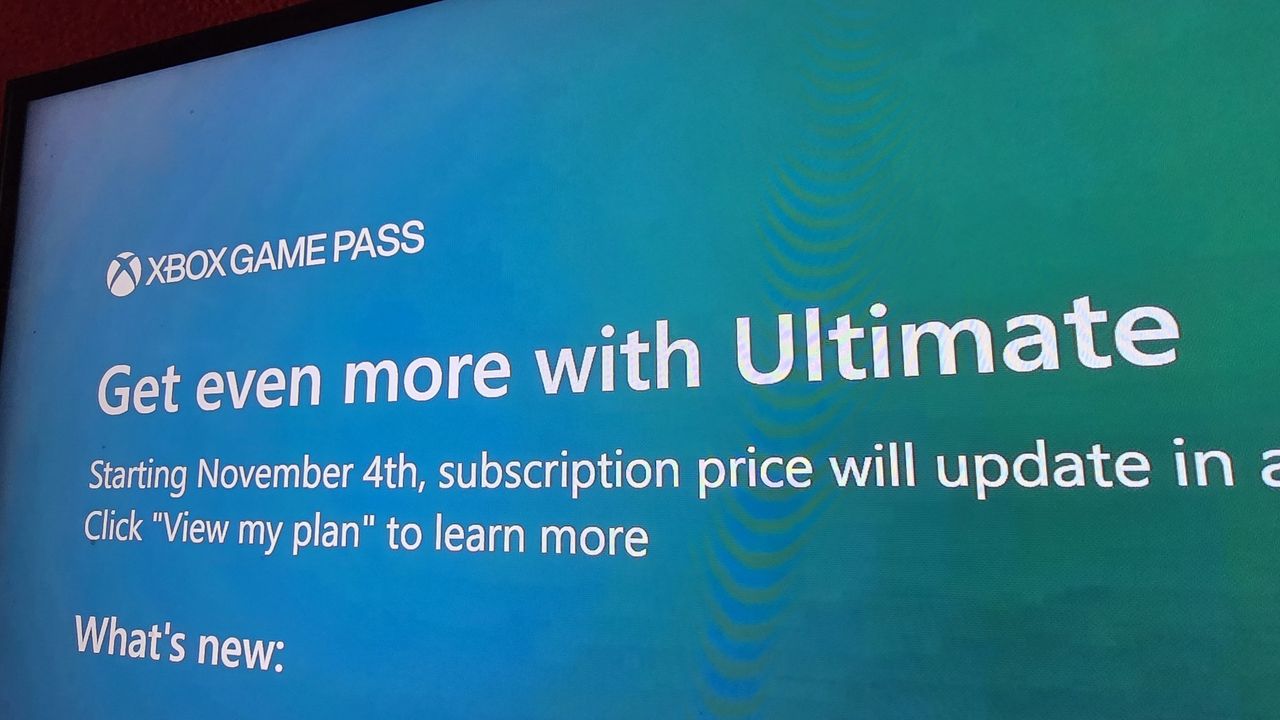
It’s been a fun week.
I’m finally home from the hospital after a bad sinus infection, so sorry for the delay in responding to the recent news about Xbox Game Pass. I wanted to gather my thoughts and also get some insights from people I know in the gaming industry before sharing my opinion.
One thing that is undoubtedly certain is that a 50% price increase sucks.
For a long time, Xbox Game Pass Ultimate was considered the best value in gaming, but that title might now go to PC Game Pass. This week, Microsoft significantly increased the price of Xbox Game Pass Ultimate by 50%, and also made some changes that reduced the benefits of its Microsoft Rewards program. In many countries, the price hikes were even higher than 50%, which is a much larger increase than is typical for other subscription services.
Like many subscription services such as Netflix and Spotify, Xbox usually raises prices a little each year to account for inflation. However, this year’s price increase was much larger than usual. Strangely, some of Xbox’s other subscription plans weren’t affected and even received added benefits, like access to Xbox Cloud Gaming. The response from gamers has been overwhelmingly negative, with widespread criticism and even coverage in major news sources like the BBC, and viral posts racking up millions of views.
Microsoft likely anticipated this reaction, and the significant price increase suggests they weren’t just responding to inflation. While it’s tempting to attribute this to greed – considering Microsoft’s substantial profits – the fact that lower-priced plans weren’t affected points to a different motivation.
It seems Microsoft made changes to the service to reflect how users are behaving as they become more experienced. This shift may have unintentionally created a negative cycle, impacting both Xbox Game Pass and Call of Duty, and potentially throwing the service out of balance. The consistent release schedule of games in the spring and summer likely gave Microsoft valuable insights into reducing subscriber cancellations. Additionally, features like Xbox Play Anywhere and devices like the Steam Deck are making the traditional “per-device” subscription model less relevant.
It’s possible these changes have gone too far. It’s still unclear whether the new approach will ultimately benefit Xbox Game Pass, or if it was a misstep. Only time will tell, but now that things have calmed down, here are my thoughts on what’s happening.
Xbox Game Pass the Disruptor

The problems are complex and can’t be explained by greed alone, though it certainly plays a part. Microsoft, as of 2025, seems much more focused on boosting its stock price – fueled by excitement around AI that may not be fully justified – than on its core values or mission.
As a researcher following Microsoft, I’m seeing a lot of internal pressure on the Xbox division. Leaders like Satya Nadella and Amy Hood are pushing for stronger profits to ensure gaming remains a valuable part of the company. Right now, Microsoft as a whole is in a period of big change, largely driven by the rise of generative AI, which is disrupting almost every market we know. I’m learning that they’re developing a new version of Windows built around AI, with voice control becoming as important as traditional mouse and keyboard input. Honestly, the anxiety among tech companies to be the first to successfully integrate AI is immense – even Satya Nadella has publicly admitted he’s losing sleep over the possibility of Microsoft falling behind.
Let’s say you’re Xbox. You’re starting to feel like an older brand, something more familiar to parents than today’s young gamers. Those younger players aren’t really interested, and many older players are either getting too old to game or are switching to platforms like Windows, where Microsoft doesn’t make much money from games – especially with Steam being so popular. And of course, some people just stop gaming altogether.
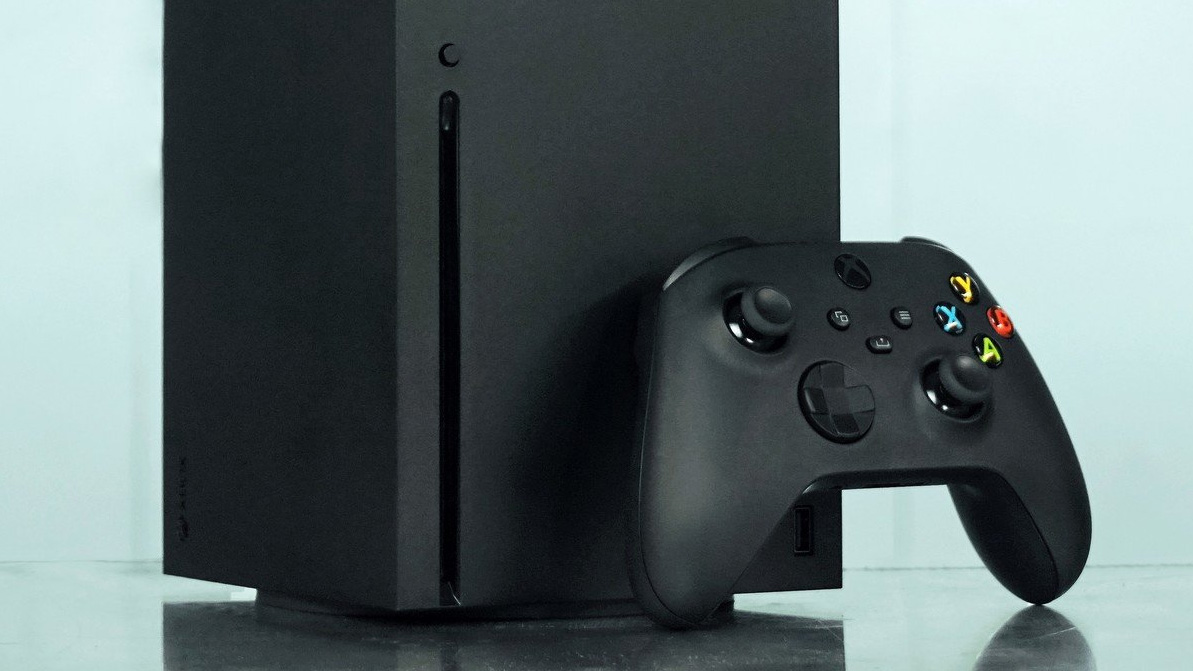
Microsoft didn’t invest enough in Xbox early on, which allowed PlayStation to dominate the console market. While many are familiar with this history, a limited global sales presence and the underwhelming launch of the Xbox One – especially as gaming shifted towards digital platforms – ultimately left Xbox in third place.
A core weakness of Microsoft is its tendency to avoid direct competition and rebuild products from scratch. This stems from the pressure to deliver strong quarterly financial results, a common issue for public companies. Instead of directly challenging rivals, Microsoft focuses on subtle disruption and innovation. The reason? It’s often more cost-effective. Directly competing with an established company usually means spending more money, with no guarantee of success.
Xbox hasn’t been lacking in investment – Microsoft has actually spent tens of billions on it, including the purchases of Activision-Blizzard and Bethesda. However, it would have taken significantly more money to truly rival PlayStation. Creating games like Call of Duty is incredibly costly, and making it exclusive to Xbox was never a practical option.

Microsoft promised regulators that Call of Duty would remain available on multiple platforms. However, internal discussions explored the possibility of making Call of Duty exclusive to Xbox, hoping to attract PlayStation players to the Xbox system. This strategy could have initially led to significant revenue losses, and there was no certainty it would convince players to switch consoles. The situation also raised questions about whether another game, like Battlefield, might have become the primary first-person shooter on PlayStation if Call of Duty wasn’t available.
Microsoft likely made the right decision not to risk upsetting Activision’s existing business, even if it meant potentially gaining some PlayStation players. The gaming market isn’t showing significant growth overall, so simply taking players from PlayStation wouldn’t solve long-term challenges. Plus, regulators were clearly against the deal, making it an unviable path anyway.
Microsoft’s best path forward is to shake things up and innovate. This approach is how Xbox Game Pass, Xbox Cloud Gaming, their focus on PC gaming, and even earlier features like Xbox Live all came to be. Essentially, disruption is in Microsoft’s DNA for Xbox.
Evolving user behavior vs. future projections
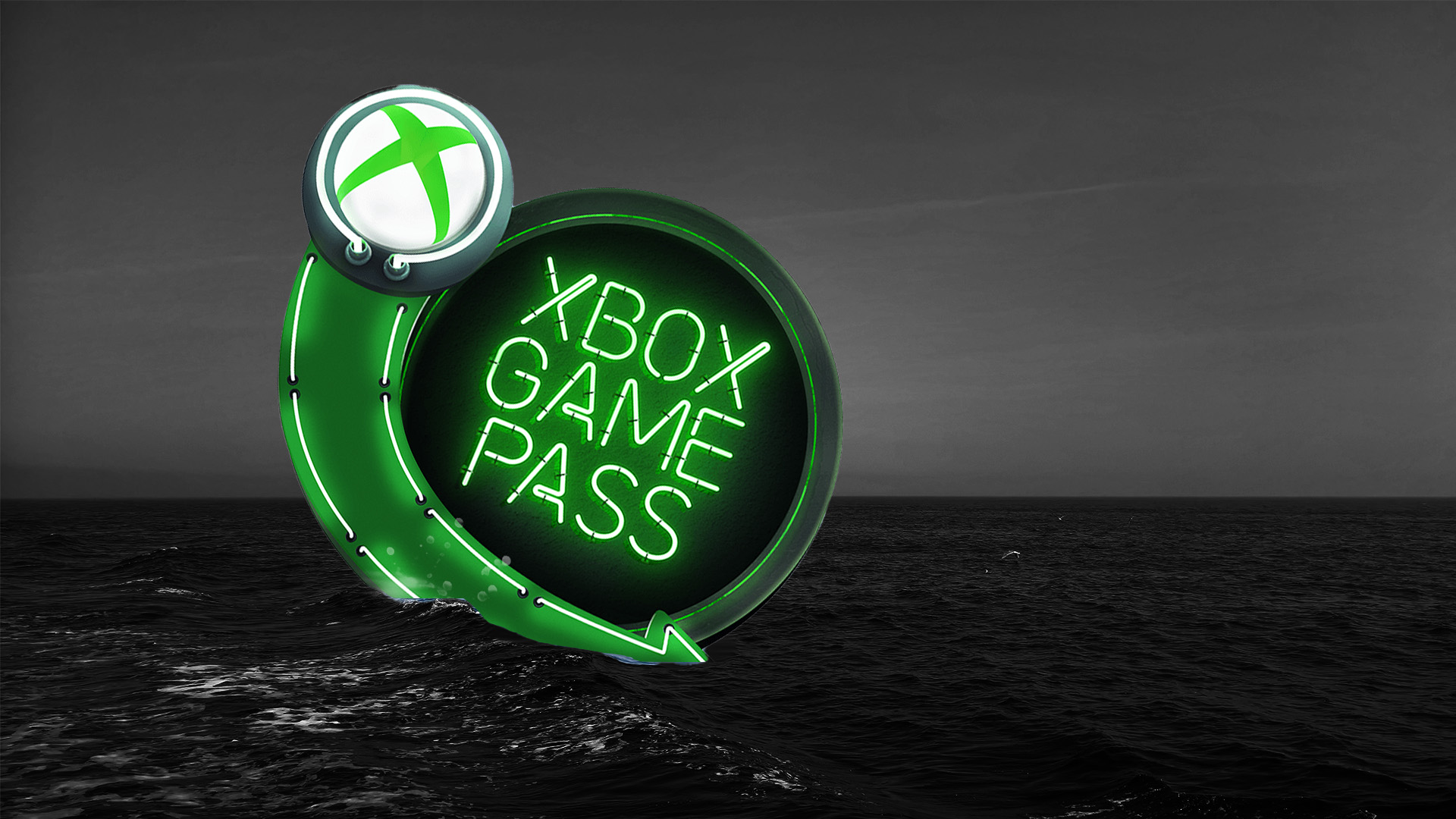
Rising costs from inflation, taxes, and other issues are squeezing company profits. Microsoft, like any large business, can’t simply absorb these costs and hope things improve, especially if the current economic difficulties persist. Instead, Microsoft is focused on adapting to the present challenges and planning for what might happen in the future.
Microsoft hasn’t historically been known for quickly adapting to change, especially considering its substantial annual profits exceeding $100 billion. However, the company is now heavily investing that profit into strengthening its position in artificial intelligence, and Xbox is a key part of that strategy, whether it’s ideal or not.
As a tech enthusiast, I’ve been watching Microsoft’s Xbox Game Pass with a lot of interest. It feels like a really smart move for them, especially with PlayStation and PC gaming gaining so much traction. They’ve clearly learned from the success of subscription services like Netflix – they even brought in people from Netflix to help build it! The big question everyone’s debating, though, is whether Game Pass is ultimately good for the gaming industry as a whole, or even for Microsoft’s bottom line, since people might buy fewer individual games and just stick with the subscription.
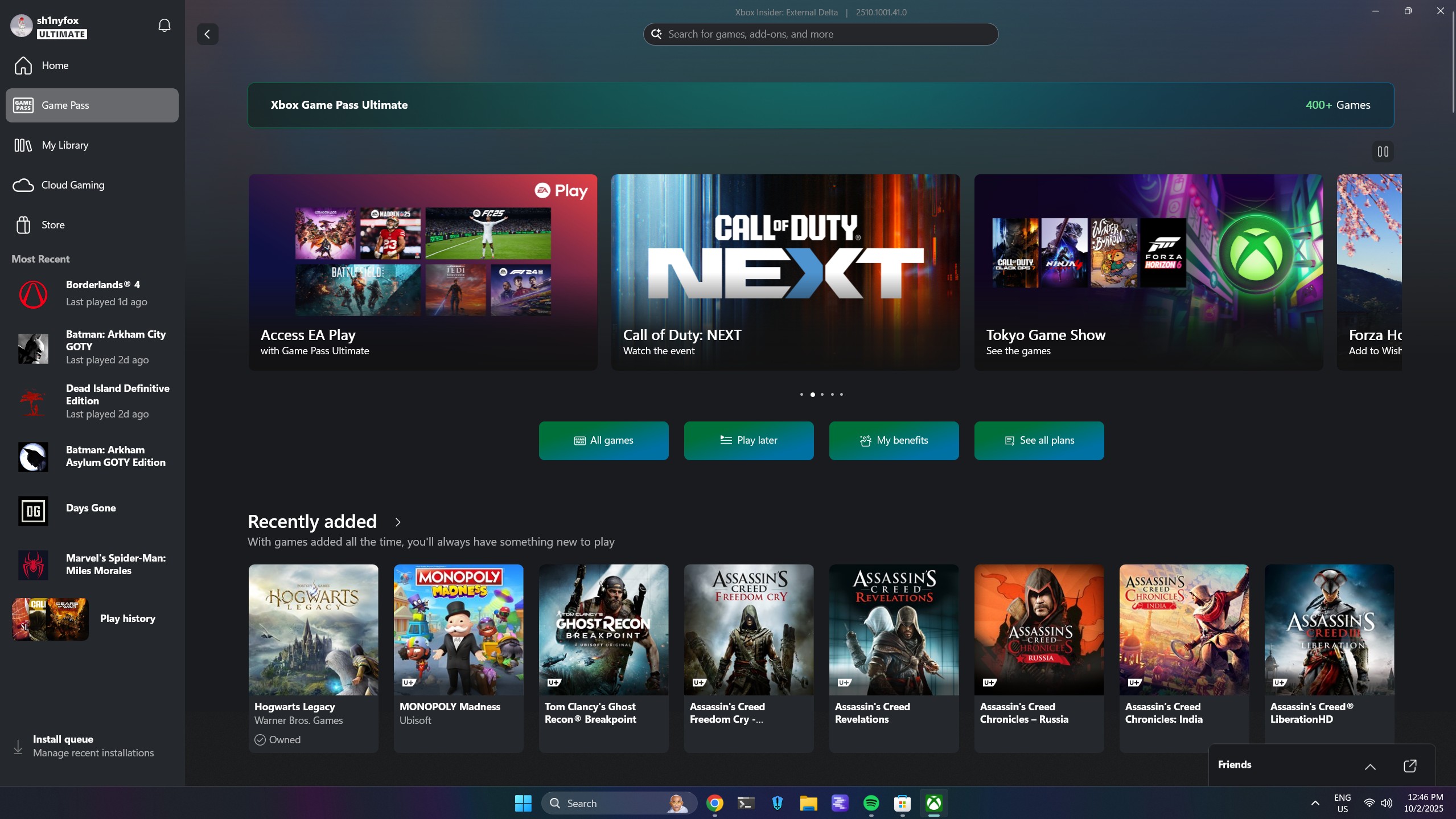
I’ve discussed before how Microsoft charges its own game studios fees related to Xbox Game Pass, based on estimated sales. It’s unclear if this system is completely fair without knowing the exact calculations. However, it’s pretty clear how significantly Call of Duty has boosted the service – both in terms of attracting subscribers and potentially influencing those internal financial calculations.
Maintaining Call of Duty is very costly, and the recent price increases are likely due to how players are using the game now that it’s available through Xbox Game Pass. It’s noteworthy that the standard and basic Xbox Game Pass plans don’t promise Call of Duty will ever be included, while the most expensive ‘Ultimate’ tier is the only one that guarantees day-one access.
How people use Xbox Game Pass has changed since it first launched. Initially, Microsoft noted that games like Sea of Thieves benefited from a sort of “free-to-play” effect – simply being *on* Game Pass helped them gain popularity through word of mouth. However, Microsoft doesn’t emphasize this benefit as much anymore, likely because users now actively check which games are coming to the service. If everyone decided to play a major game like Call of Duty *only* through Game Pass, it would significantly hurt both Microsoft and the game itself. Microsoft would have less money to fund new content and keep subscribers engaged, while Call of Duty would lose out on traditional sales revenue. Keeping players subscribed (reducing ‘churn’) is a key concern in this situation.
If everyone stopped buying Call of Duty and only played it through Xbox Game Pass, it would create financial problems for both Microsoft and the game itself. Microsoft would have less money to fund new content and keep players engaged, while Call of Duty would lose out on traditional sales revenue.
Microsoft has publicly committed to adding at least 75 games to Xbox Game Pass each year. This precise number suggests they’ve identified three distinct groups of players and are tailoring the service’s pricing to appeal to each one.
Xbox Game Pass Ultimate is a great option for gamers who want access to a large and diverse library of titles. It offers excellent value, but only if you actually play a lot of the available games. The biggest reason people might cancel their Ultimate subscription is likely a lack of new or interesting games. While Game Pass has had some fantastic months, it’s also experienced periods with very few releases. Essentially, it’s a subscription service designed for dedicated players, and Microsoft understands they need to consistently release high-quality games to keep those players subscribed. Maintaining that consistent flow of new games at the $20 price point is challenging, especially with studios working on Call of Duty potentially impacting projected revenue.
Microsoft is aware that the price increase is causing people to cancel their subscriptions – I even did, and I’m a frequent gamer. Many of my colleagues at Windows Central have either cancelled or downgraded to cheaper plans. I wouldn’t be surprised if Microsoft anticipated this reaction, so I doubt they’ll significantly change the price, even with the negative feedback, unless they see a major drop in subscribers.
Will Microsoft stick to its guns?
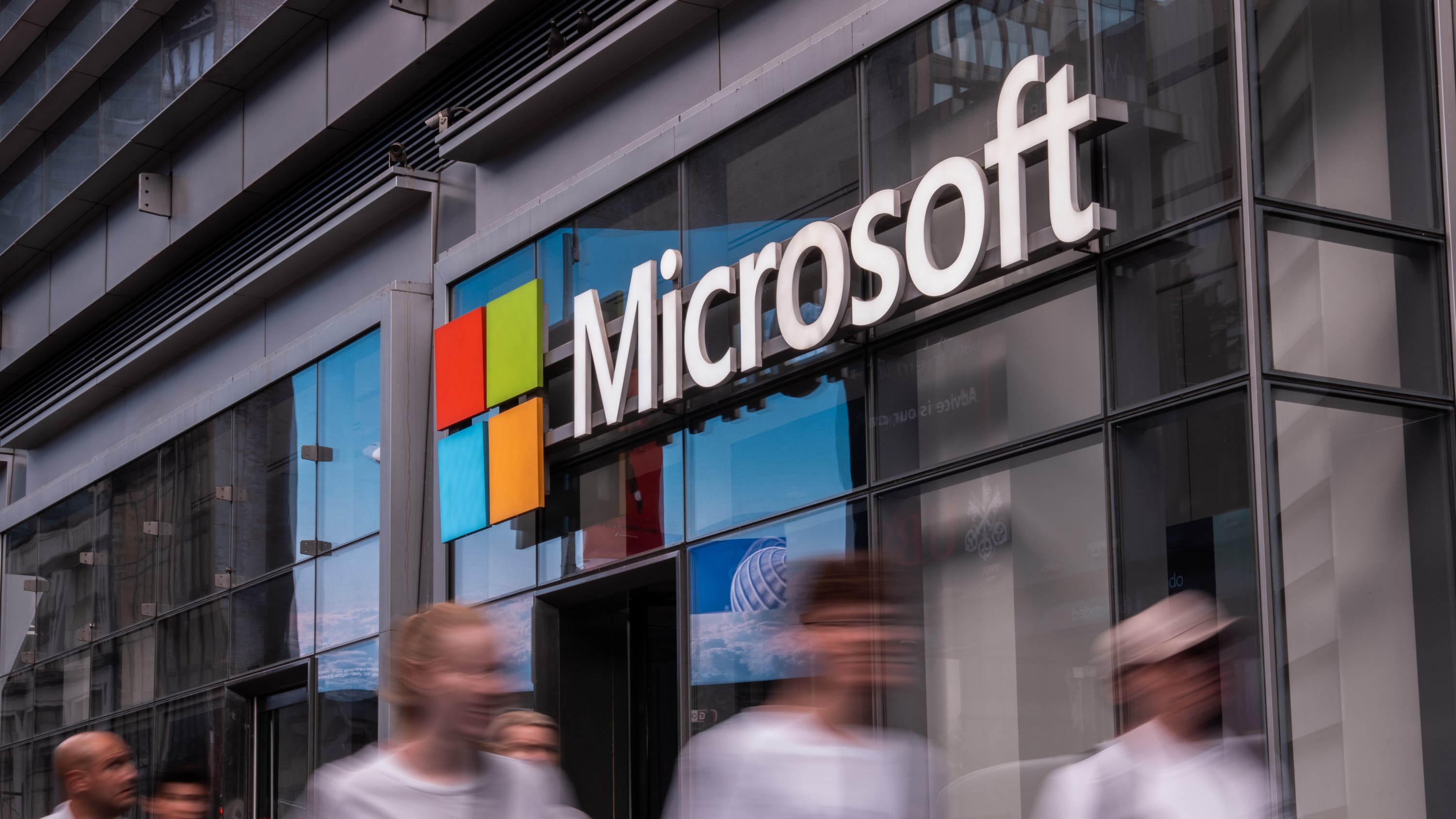
Xbox Game Pass Ultimate probably lost a significant number of subscribers this week – potentially hundreds of thousands, or even millions. It seems many people have either downgraded to cheaper plans or cancelled their subscriptions completely.
Microsoft makes mistakes, but they’re generally a smart company. The recent 50% price increase seems unlikely to have been an oversight, so it probably represents a deliberate, calculated decision, even if it’s unpopular.
Ultimately, Microsoft realized the significant boost in users, subscriptions, and playtime they achieved with a strong lineup of game releases. The success of Xbox Game Pass during the spring and summer – with titles like Blue Prince, DOOM: The Dark Ages, Elder Scrolls IV: Oblivion, and Expedition 33 – likely led them to ask themselves how to consistently replicate that level of performance every quarter.
I imagine the answer was $30.
It’s possible Microsoft doesn’t know what it’s doing, and this is all part of a plan to lower prices before leaving the market, as some predict. However, I believe that while a 50% price increase is hard to justify right now, things could change after 2026.

Perhaps offering over 75 games will prove to be the right amount of content to make the subscription price worthwhile, and maybe the quality will significantly boost Xbox Game Pass. It’s possible this isn’t about maximizing profit, but rather a need to secure more major third-party games available on the service from day one, particularly with the release of Grand Theft Auto 6 in 2026. They might even be aiming to include Grand Theft Auto 6 itself in Game Pass.
I definitely remember when Netflix was first starting out – the selection was pretty limited! It seems like Microsoft is aiming for that same growth with Xbox Game Pass, wanting a really robust library of games. But building that up isn’t cheap, and honestly, Microsoft seems a little hesitant to take big risks on new games right now. With all the excitement around AI, they’re clearly prioritizing investing in *that* technology instead.
Right now, we’re all feeling the impact of this change. However, the true test will come in 2026. Many of us who cancelled our subscriptions today – myself included – might reconsider. We might realize that a subscription is actually more affordable than buying all the games we want individually.
It will be interesting to see if the changes to Xbox Game Pass lead to a breakout hit, similar to how popular “Squid Game” became. However, it’s definitely not a sure thing – that’s a big question mark.
Read More
- How to Get the Bloodfeather Set in Enshrouded
- 4 TV Shows To Watch While You Wait for Wednesday Season 3
- Every Targaryen Death in Game of Thrones, House of the Dragon & AKOTSK, Ranked
- The Pitt Season 2, Episode 7 Recap: Abbot’s Return To PTMC Shakes Things Up
- Felicia Day reveals The Guild movie update, as musical version lands in London
- Where Winds Meet: How To Defeat Shadow Puppeteer (Boss Guide)
- One of the Best EA Games Ever Is Now Less Than $2 for a Limited Time
- Best Thanos Comics (September 2025)
- Goat 2 Release Date Estimate, News & Updates
- 10 Movies That Were Secretly Sequels
2025-10-03 20:42